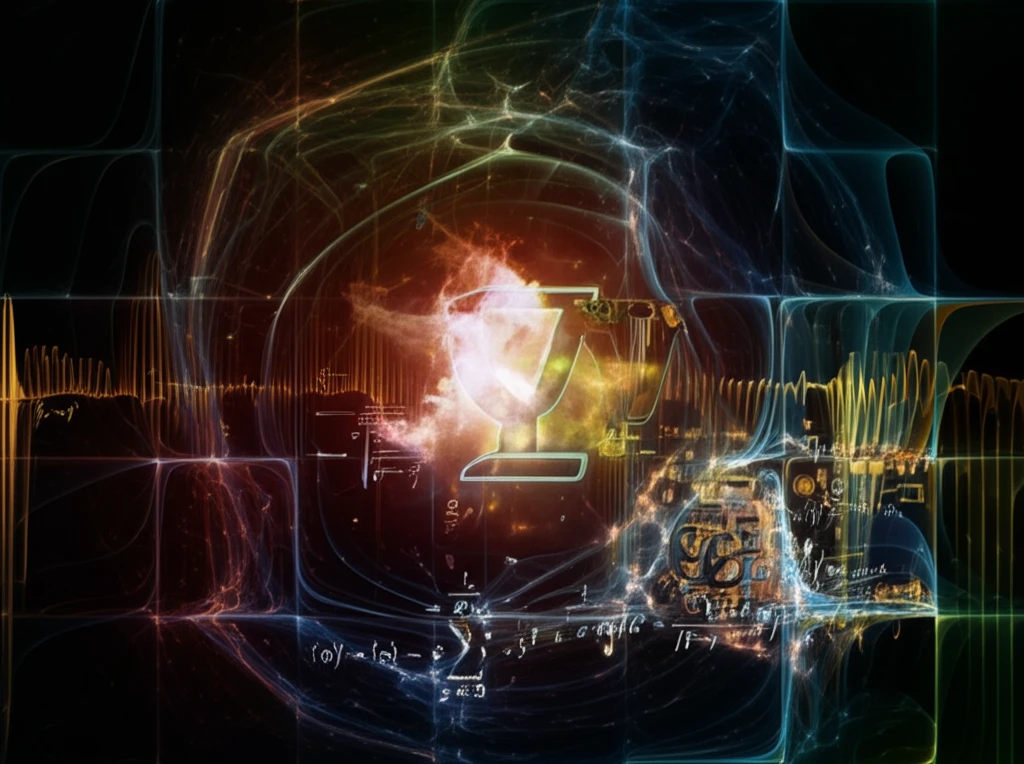
Unlocking the Secrets of C-Algebras: How Derivations Can Simplify Complex Math
"New research reveals a surprising relationship between derivations and linear dependence in C-algebras, potentially simplifying complex mathematical models."
In the fascinating realm of mathematical structures, algebras stand as fundamental building blocks. Within this world, C-algebras hold a special place, renowned for their applications in quantum mechanics and operator theory. But what happens when we introduce the concept of a 'derivation' – a linear mapping that follows a specific rule reminiscent of differentiation in calculus – to these algebras?
A recent study has shed light on a surprising connection between derivations on C-algebras. The research focuses on the equation dd' + d'd = D², where d and d' are derivations, and D is another derivation related to them. The core finding reveals that the existence of such a relationship is intricately linked to whether the derivations d and d' are linearly dependent. In simpler terms, this means one can be expressed as a scalar multiple of the other. This is especially fascinating as it provides simplicity and clarity in the intricate world of C algebras.
This finding opens new avenues for simplifying complex mathematical models, especially within quantum mechanics. Imagine untangling a web of equations simply by recognizing a linear dependency! As we delve deeper into this discovery, we’ll explore the elegance and potential impact of this research.
What are C-algebras and Derivations?

Before diving into the specifics, let's break down some key concepts. An algebra is essentially a set of elements combined with operations like addition and multiplication that follow specific rules. A C-algebra is a special type of algebra that has additional properties related to complex numbers and involutions (think of something similar to complex conjugation). These algebras are crucial in representing quantum systems and understanding the behavior of operators.
- Quantum Mechanics: C-algebras are used to describe quantum systems, and derivations can represent how these systems evolve over time.
- Operator Theory: Derivations are essential for studying operators on Hilbert spaces, which are fundamental in functional analysis.
- Simplifying Models: Understanding the relationships between derivations can lead to simpler and more manageable mathematical models.
Why This Discovery Matters
This research provides a powerful tool for simplifying complex mathematical structures. By understanding the relationship between derivations and linear dependence in C-algebras, researchers can potentially reduce the complexity of models used in quantum mechanics and other fields. This can lead to more efficient calculations, better insights into the behavior of complex systems, and ultimately, a deeper understanding of the mathematical foundations of our universe. The elegance and simplicity of the result – the direct link between a specific equation and linear dependence – makes it a valuable addition to the mathematical toolkit.
